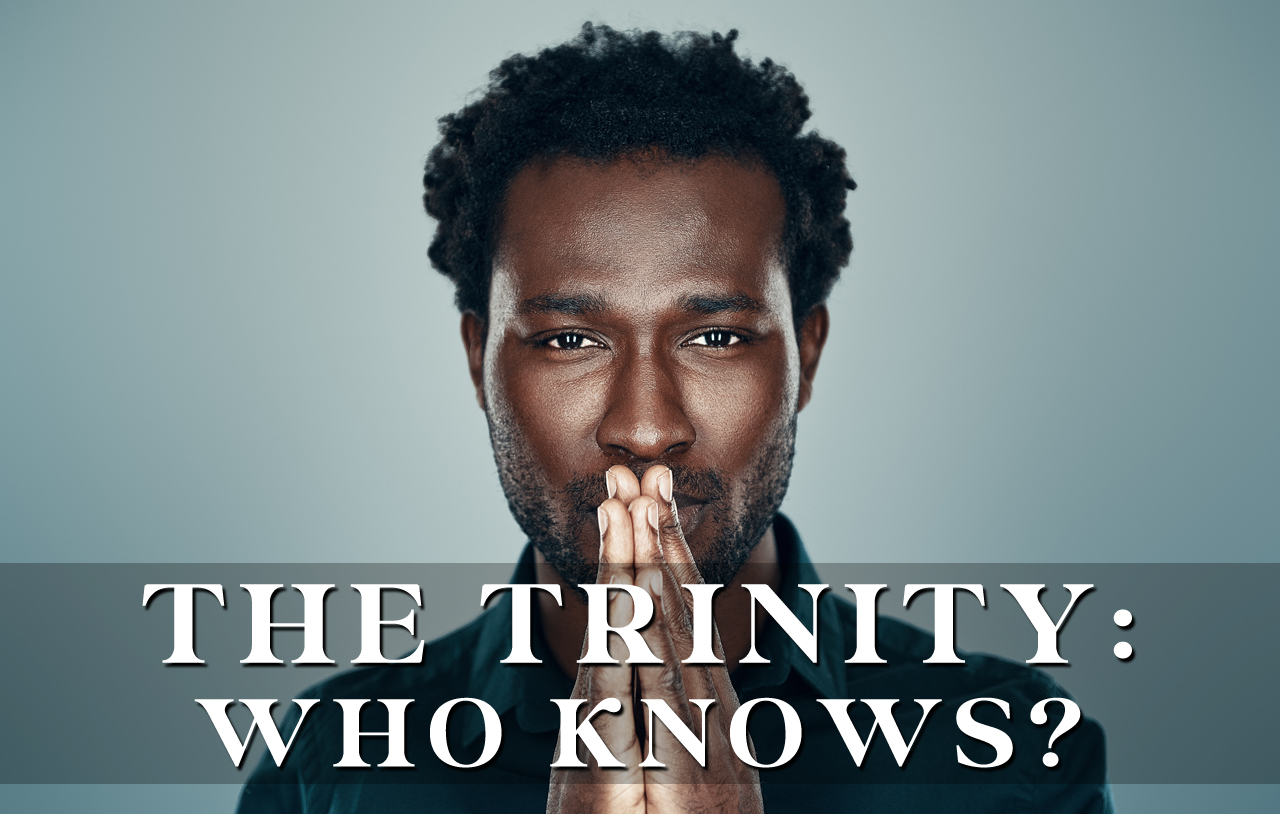|
This is a non-WLC article. When using resources from outside authors, we only publish the content that is 100% in harmony with the Bible and WLC current biblical beliefs. So such articles can be treated as if coming directly from WLC. We have been greatly blessed by the ministry of many servants of Yahuwah. But we do not advise our members to explore other works by these authors. Such works, we have excluded from publications because they contain errors. Sadly, we have yet to find a ministry that is error-free. If you are shocked by some non-WLC published content [articles/episodes], keep in mind Proverbs 4:18. Our understanding of His truth is evolving, as more light is shed on our pathway. We cherish truth more than life, and seek it wherever it may be found. |

“But of that day and hour no one knows, not even the angels of heaven, nor the Son, but the Father alone” (Matt. 24:36, NASB).
Nor the Son — This verse has always been problematic. How can Yahushua be God and not know? And if, as He says, He doesn’t know, then how can we continue to claim that He is God? God knows. According to Yahushua, no one else does, including him.
The usual theological answer to this intractable dilemma is as follows:
“What He predicates of Himself, namely ignorance as to the day and hour of His return in heavenly splendor, is true of Him as human, though it is not true of Him as divine. As the God-Man, He is simultaneously omniscient as God (in company with the other persons of the Godhead) and ignorant of some things as a man (in company with other persons of the human race)” (Robert Reymond, Jesus Divine Messiah, p. 79).

Ah, I get it. Yahushua is simultaneously aware and ignorant of this fact. Do you suppose that means he knows the truth (since he is omniscient according to the Trinitarian doctrine) but then informs himself that he does not know this fact because he is simultaneously human? So he knows that he doesn’t know what he knows, right?
Does this strike you as complete nonsense? What if we just took the verse at its face value? What if Yahushua meant that he doesn’t know? Why is that so difficult to accept? Do you suppose any of the disciples who heard him say this thought, “Oh, that means he doesn’t know as a human, but of course he knows as God”? No wonder it took the Church three hundred years to come up with this answer.
The problem is not what the text says. The problem is reading the text according to the paradigm of the Trinity. The text doesn’t present any difficulties at all. There are lots of things human beings don’t know. There are lots of things chosen messengers of Yahuwah don’t know. There are even some things that the Messiah doesn’t know. In fact, he tells us at least one of these things. The text is clear. What causes all the confusion is not the text. It is the subsequent ancillary textually-unsupported idea that Yahushua is also, at the same time, God. As Patrick Navas astutely points out, “In other words, somehow [Yahushua] knows all things and does not know all things simultaneously!?” (Divine Truth or Human Tradition, p. 131).
So, how would you like your theology cooked? Plain, according to what the text says, or with plenty of added spices, according to what the Church decided the text must say to fit its dogma?

And what happens if Yahushua is the Messiah, Yahuwah’s appointed messenger/Son, tasked with bringing about the Kingdom and defeating the last enemy? Will your belief system collapse if somehow that doesn’t mean he is Yahuwah, the one true God? Have you been so indoctrinated by Christian dogma that you can’t read this text for what it says? Was Yahushua deluded or trying to fool us? Did he lie to us when he said he didn’t know? Or are we putting words in his mouth when we try to make his denial into an affirmation of his “omniscience”?
I warned you about the pain, didn’t I?
This is a non-WLC article by Skip Moen.
We have taken out from the original article all pagan names and titles of the Father and Son, and have replaced them with the original given names. Furthermore, we have restored in the Scriptures quoted the names of the Father and Son, as they were originally written by the inspired authors of the Bible. -WLC Team







